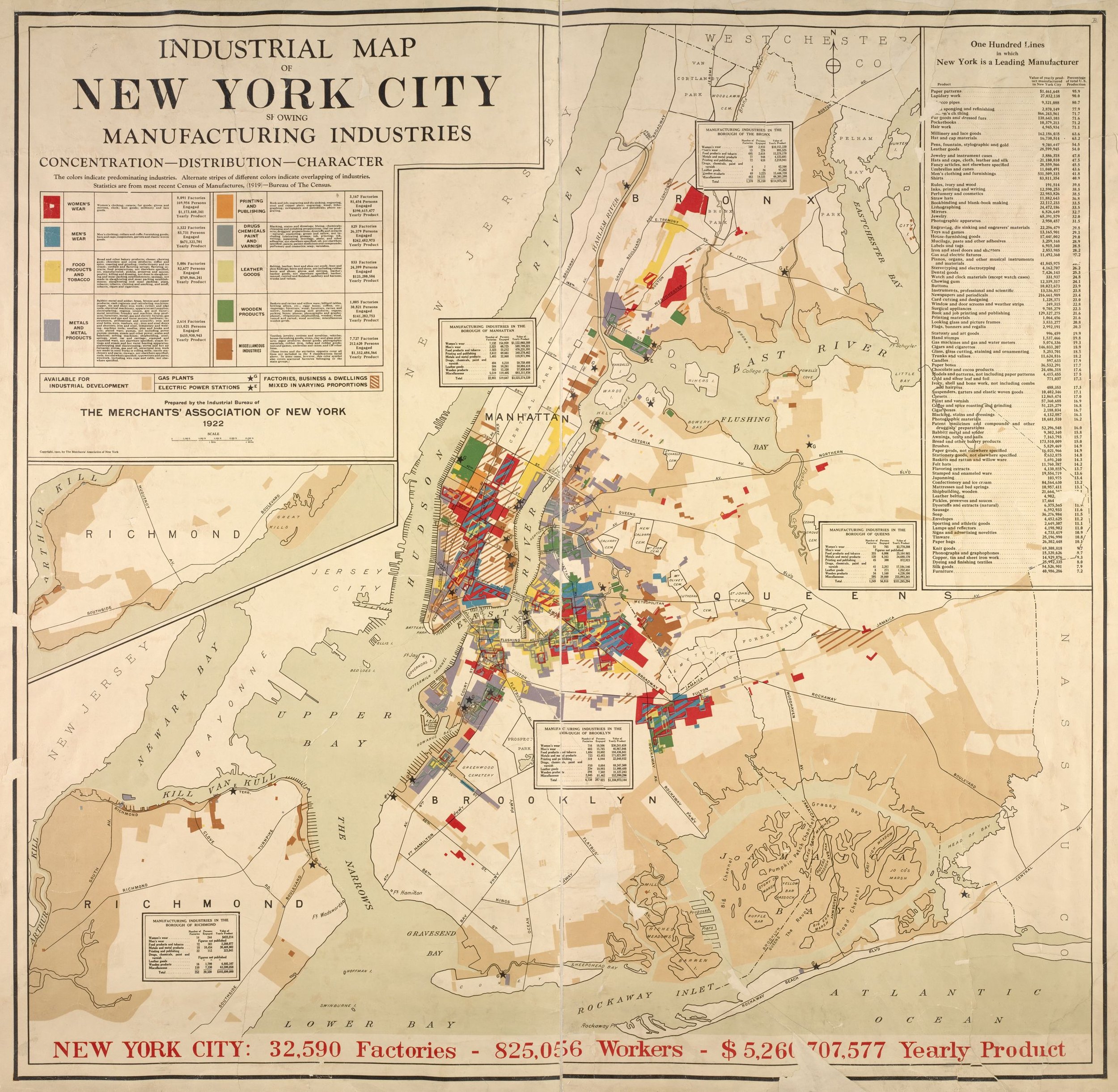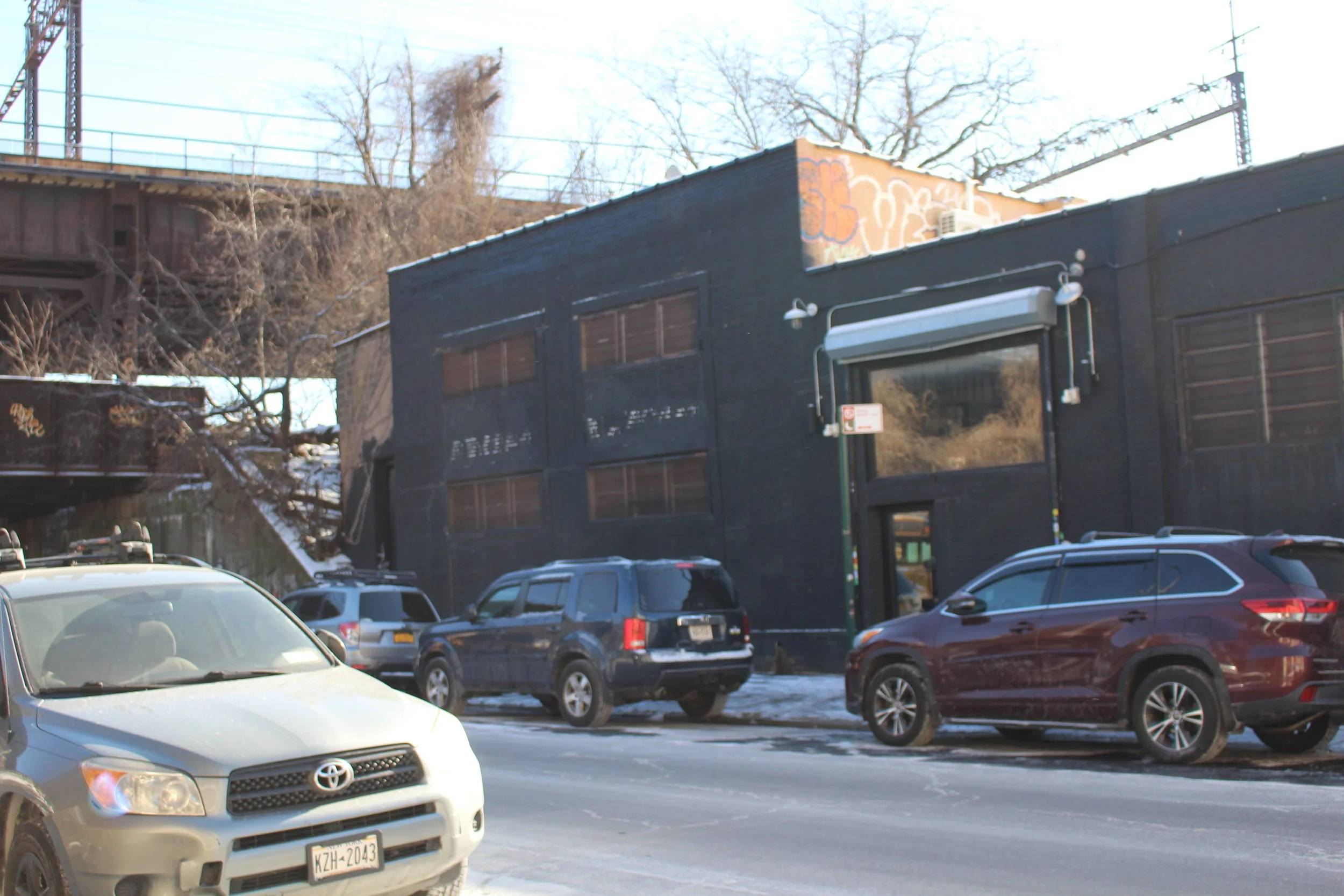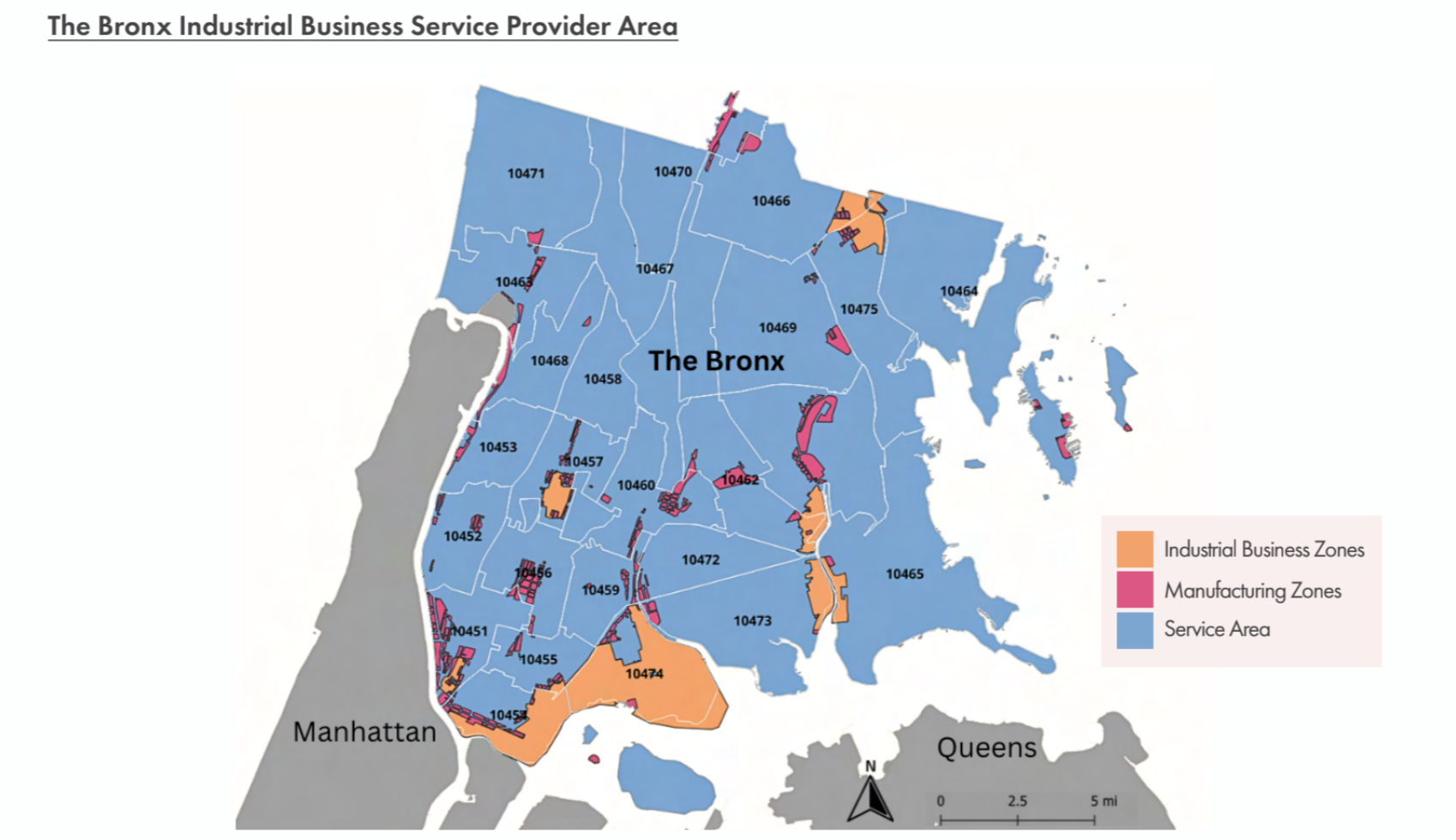
History
Bronx — A History
The Bronx boasts a rich industrial history, particularly evident in the flourishing businesses of Port Morris. A pivotal moment occurred in 1849 when Jordan Lawrence Mott, an iron foundry owner, acquired the neighborhood of Mott Haven. This marked the inception of significant industrial growth.
The 1880s witnessed the ascendancy of piano manufacturing, establishing Mott Haven and Port Morris as key players. During this period, individuals, predominantly of German descent, flocked to the neighborhood, contributing valuable skills and trades. Morris earned the moniker "Piano Capital of the United States," with the piano industry experiencing continuous growth until the 1920s. The closure of the Estey Piano & Organ Company in the 1970s marked a significant chapter in the Bronx's piano manufacturing legacy.
By 1922, the Bronx's industrial landscape was thriving. Hunts Point emerged as a hub for women's wear manufacturing, generating approximately $10 million in revenue. Food and tobacco products contributed a substantial $15 million to the Bronx's economy. Port Morris, now a vibrant industrial center, housed businesses specializing in wooden products, metals, leather goods, as well as food and tobacco industries.
The Hunts Point Food Distribution Center in the Bronx consists of three independent cooperative markets: the Hunts Point Cooperative Meat Market, the Hunts Point Terminal Produce Market, and the New Fulton Fish Market. The Hunts Point Terminal Produce Market, established in 1967, spans 105 acres. The Hunts Point Cooperative Meat Market, founded in 1974, employs over 2,400 individuals. Originally located in lower Manhattan, the New Fulton Fish Market relocated to Hunts Point in 2005. It stands as one of the largest wholesale fish markets in the country, generating approximately $1 billion in annual revenue.
Industrial Business
Bronx Industrial Business Zone
JOBS AND ECONOMY
In 2005, the Bloomberg Administration designated the Industrial Business Zones (IBZs) to stabilize primarily industrial areas in New York City. The designation fosters high-performing business districts by creating competitive advantages over locating in areas outside of New York City. The IBZs are supported by tax credits for relocating within them, zone-specific planning efforts, and direct business assistance from NYC Business Solutions Industrial Providers.


